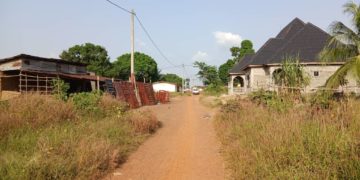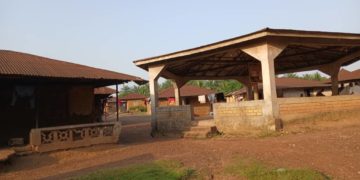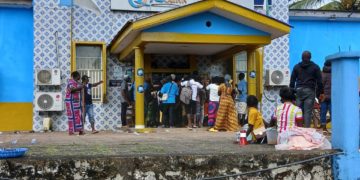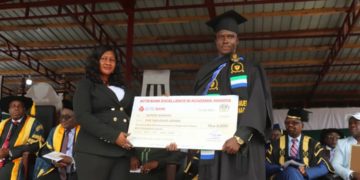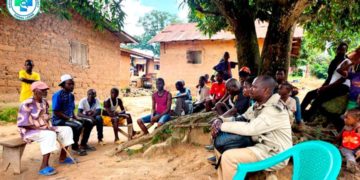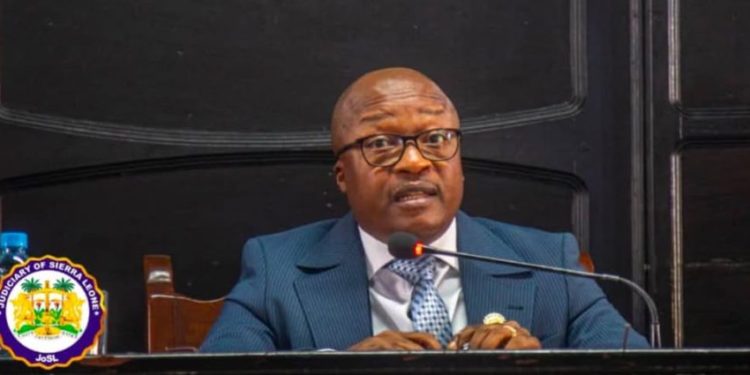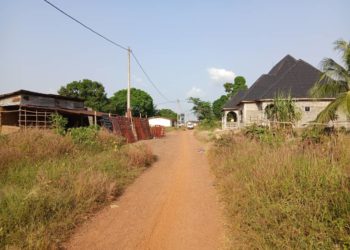By Kemo Cham

Judiciary of Sierra Leone.
The Campaign for Human Rights Development International (CHRDI has called out the judiciary of Sierra Leone for its alleged lack of public trust, amid growing public disillusionment.
The accountability campaign group said recent development and trends in the country revealed a critical erosion of confidence in the judicial system, necessitating an urgent reform.
A rights based and public social policy advocacy organization, CHRDI seeks to promote the rule of law and citizens’ participation in democracy.
The organization in a statement issued on Friday cites several areas of concern it says emanated from the public, including perceived bias and corruption, lack of transparency and accountable, insufficient and delay-prone justice and erosion of judicial independence. It also decries the protracted issue of poor condition of service for judiciary staff.
“Concerns have been raised regarding the judiciary’s independence from political interference, undermining the principle of an impartial and fair justice,” the statement reads, adding: “poor working conditions negatively impact judiciary workers in Sierra Leone, undermining the country’s ability to deliver justice and uphold the rule of law.”
Abdul Fatoma, Chief Executive of CHRDI, is quoted in the statement saying that people who better understand the judiciary’s functions often trust it less to act in the public interest.
“According to UN basic principles on the independence of the judiciary, judicial independence is a rights of individuals seeking justice, not a privilege of the judiciary; it reflects the judiciary’s mindset,” Fatoma said in the statement.
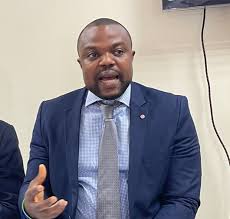
The judiciary on Saturday responded to CHRDI’s statement, describing its content as “false” and claiming that it contained “unsubstantiated” allegations. The rebuttal issued via the Judiciary’s communication unit accused CHRDI of lacking facts and credible sources.
“We categorically oppose CHRDI’s portrayal of the judiciary as an institution in disrepair…and we are deeply concerned by the misleading nature of the vague report,” it says.
But concerns over the lack of public trust in the judiciary of Sierra Leone are not new. And they have always been fueled by constant complaints of delay in justice, which has been blamed on factors such as unpunctual staff, missing files, low staff morale, among others.
In November last year, CHRDI issued a statement sounding the alarm over concerns bordering on maladministration, corruption and mistreatment of staff within the judicial system. That followed reported complaints from judicial employees of harassment, discrimination and abuse.
The Sierra Leone Justice Sector Reform Strategy (2024–2030), which was launched by President Julius Maada Bio in September 2024, promises to strengthen justice service delivery by improving case management, enhance human rights adherence, and expand access to justice for citizens. Yet, according to CHRDI’s findings, there has been sign of these issues being actually addressed.
The pressure group’s latest complaint comes five months after the current Chief Justice, Komba Kamanda, assumed office with promises of dealing with some of these issues he ostensibly admitted inheriting.
“My aim is to facelift the Judiciary by ensuring that litigants have justice without fear or favour and that matters are expeditiously dealt with before all the various Court structures,” Chief Justice Kamanda was quoted saying in January, during his first meeting with staff of the judiciary since assuming office in December, vowing to change the public’s perception of the judiciary.
The judiciary played a role in Sierra Leone’s civil war, as it was seen as lacking independence, which contributed to a climate of injustice that fueled the conflict. Observers said the judicial system was used by governments to suppress political opponents and maintain power.
Accountability campaigners fear that millions of US Dollars and efforts put into reforming the sector since the end of the war could go in vain without urgent reform.
CHRDI, in its statement, proposes four key actions constituting a reform for a lasting positive impact. These include immediate reform of the system to address the roots causes of public distrust, like measures to ensure judicial independence, increase transparency, and streamline court procedures. It also calls for institution of accountability measures, strengthening of public confidence, and protection of judicial independence by removing external influence that may compromise impartiality.

